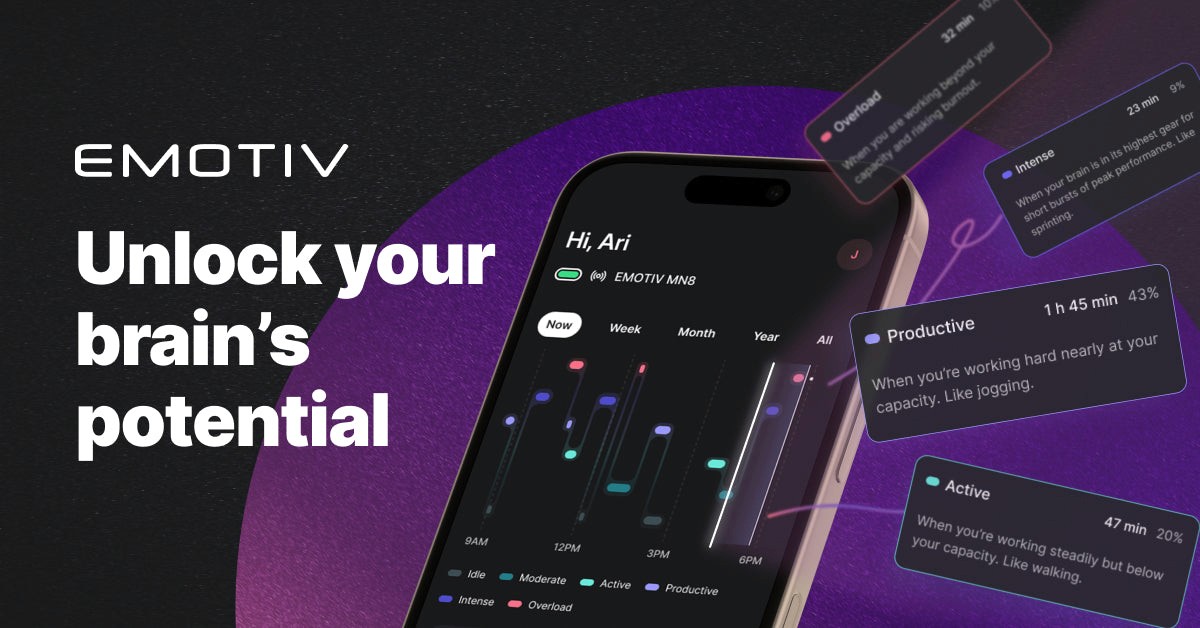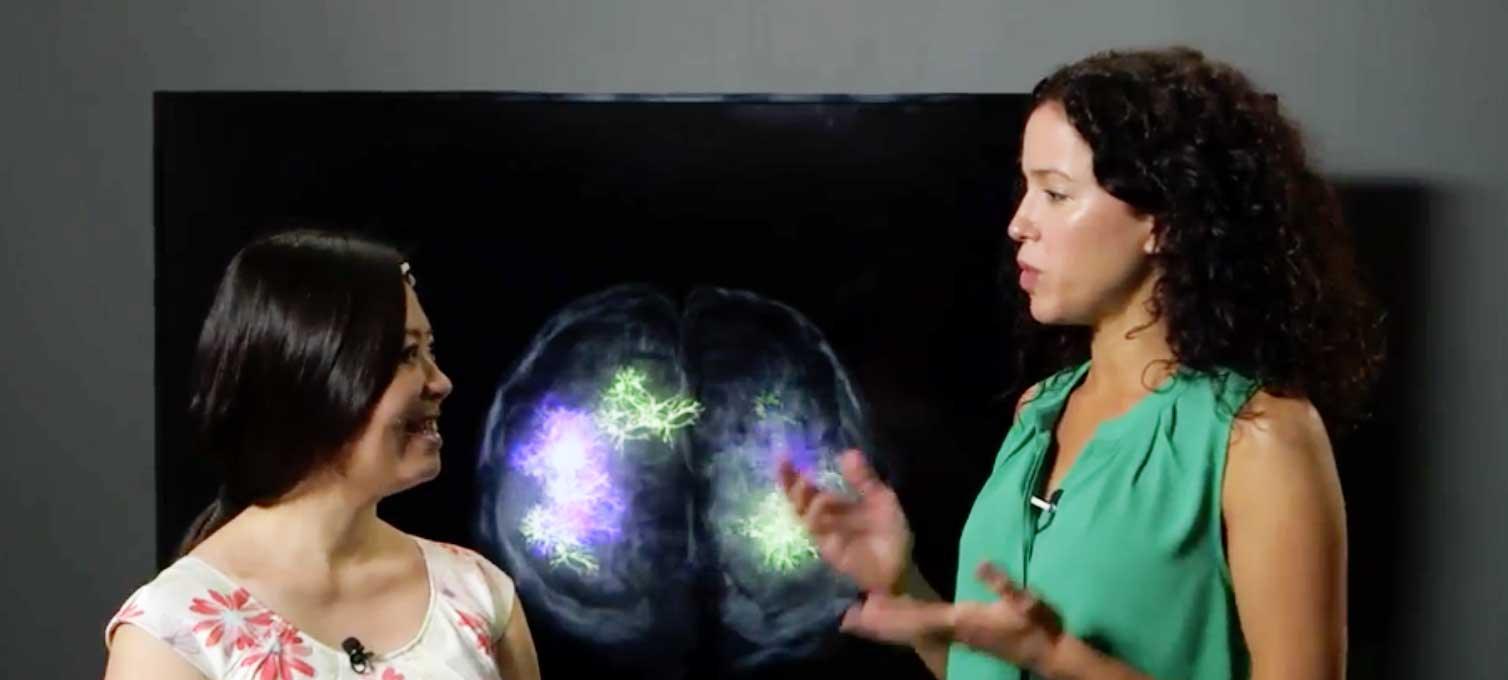Nat Geo: This Is Your Brain on Nature
Share:





When we get closer to nature—be it untouched wilderness or a backyard tree—we do our overstressed brains a favor.
WHEN YOU HEAD OUT to the desert, David Strayer is the kind of man you want behind the wheel. He never texts or talks on the phone while driving. He doesn’t even approve of eating in the car. A cognitive psychologist at the University of Utah who specializes in attention, Strayer knows our brains are prone to mistakes, especially when we’re multitasking and dodging distractions. Among other things, his research has shown that using a cell phone impairs most drivers as much as drinking alcohol does.
Picture of research vessel in Arctic ice
Extreme Research Shows Why Arctic Ice Is Dwindling
Picture of people entering a London Underground station
London’s Big Dig Reveals Amazing Layers of History
Strayer is in a unique position to understand what modern life does to us. An avid backpacker, he thinks he knows the antidote: Nature.
On the third day of a camping trip in the wild canyons near Bluff, Utah, Strayer is mixing up an enormous iron kettle of chicken enchilada pie while explaining what he calls the “three-day effect” to 22 psychology students. Our brains, he says, aren’t tireless three-pound machines; they’re easily fatigued. When we slow down, stop the busywork, and take in beautiful natural surroundings, not only do we feel restored, but our mental performance improves too. Strayer has demonstrated as much with a group of Outward Bound participants, who performed 50 percent better on creative problem-solving tasks after three days of wilderness backpacking. The three-day effect, he says, is a kind of cleaning of the mental windshield that occurs when we’ve been immersed in nature long enough. On this trip he’s hoping to catch it in action, by hooking his students—and me—to a portable EEG from Emotiv, a device that records brain waves.
When we get closer to nature—be it untouched wilderness or a backyard tree—we do our overstressed brains a favor.
WHEN YOU HEAD OUT to the desert, David Strayer is the kind of man you want behind the wheel. He never texts or talks on the phone while driving. He doesn’t even approve of eating in the car. A cognitive psychologist at the University of Utah who specializes in attention, Strayer knows our brains are prone to mistakes, especially when we’re multitasking and dodging distractions. Among other things, his research has shown that using a cell phone impairs most drivers as much as drinking alcohol does.
Picture of research vessel in Arctic ice
Extreme Research Shows Why Arctic Ice Is Dwindling
Picture of people entering a London Underground station
London’s Big Dig Reveals Amazing Layers of History
Strayer is in a unique position to understand what modern life does to us. An avid backpacker, he thinks he knows the antidote: Nature.
On the third day of a camping trip in the wild canyons near Bluff, Utah, Strayer is mixing up an enormous iron kettle of chicken enchilada pie while explaining what he calls the “three-day effect” to 22 psychology students. Our brains, he says, aren’t tireless three-pound machines; they’re easily fatigued. When we slow down, stop the busywork, and take in beautiful natural surroundings, not only do we feel restored, but our mental performance improves too. Strayer has demonstrated as much with a group of Outward Bound participants, who performed 50 percent better on creative problem-solving tasks after three days of wilderness backpacking. The three-day effect, he says, is a kind of cleaning of the mental windshield that occurs when we’ve been immersed in nature long enough. On this trip he’s hoping to catch it in action, by hooking his students—and me—to a portable EEG from Emotiv, a device that records brain waves.
When we get closer to nature—be it untouched wilderness or a backyard tree—we do our overstressed brains a favor.
WHEN YOU HEAD OUT to the desert, David Strayer is the kind of man you want behind the wheel. He never texts or talks on the phone while driving. He doesn’t even approve of eating in the car. A cognitive psychologist at the University of Utah who specializes in attention, Strayer knows our brains are prone to mistakes, especially when we’re multitasking and dodging distractions. Among other things, his research has shown that using a cell phone impairs most drivers as much as drinking alcohol does.
Picture of research vessel in Arctic ice
Extreme Research Shows Why Arctic Ice Is Dwindling
Picture of people entering a London Underground station
London’s Big Dig Reveals Amazing Layers of History
Strayer is in a unique position to understand what modern life does to us. An avid backpacker, he thinks he knows the antidote: Nature.
On the third day of a camping trip in the wild canyons near Bluff, Utah, Strayer is mixing up an enormous iron kettle of chicken enchilada pie while explaining what he calls the “three-day effect” to 22 psychology students. Our brains, he says, aren’t tireless three-pound machines; they’re easily fatigued. When we slow down, stop the busywork, and take in beautiful natural surroundings, not only do we feel restored, but our mental performance improves too. Strayer has demonstrated as much with a group of Outward Bound participants, who performed 50 percent better on creative problem-solving tasks after three days of wilderness backpacking. The three-day effect, he says, is a kind of cleaning of the mental windshield that occurs when we’ve been immersed in nature long enough. On this trip he’s hoping to catch it in action, by hooking his students—and me—to a portable EEG from Emotiv, a device that records brain waves.
